Hello!
Each new generation of devices, which are usually called smartphones, gets at its disposal an increasing number of technologies and functions that collect various data about the user. And despite the assurances of hardware and software manufacturers that this data is reliably protected and stored in an encrypted form, no one canceled the possibility of leakage.
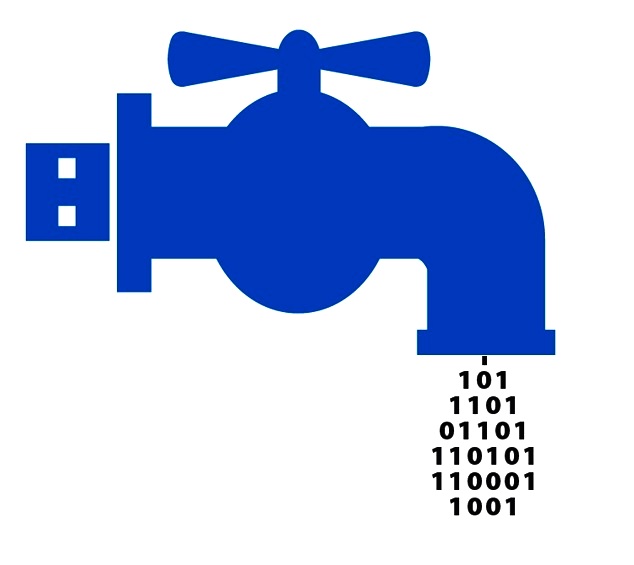
If we abstract from the possibility of leakage, we can turn our gaze inside the companies themselves that collect and use this data. And in favor of the fact that they have been doing this for a long time and successfully, at least the fact of the existence of such a phenomenon as big data speaks. Even excluding companies like Google and Apple that operate with huge amounts of data, today every user can face the phenomenon of big data. The simplest example from personal experience is breaking the rules of the well-known w3bsit3-dns.com forum and registering a multi-account. Sooner or later, the second account is calculated and blocked. This happens especially quickly if the main account was previously blocked for serious violations.

But this is a forum and just an example. Let's go back to smartphones and the two main corporations of good and evil, as they call it on the Google network and Apple.
If you pay attention to the sequence of appearance in the devices of these companies of various sensors and services that collect information, then an interesting feature will become clear – the data collected becomes more personal.
It is believed that the first online application store was created Apple. In fact, the first was a 16-year-old Frenchman named Xavier Niel, who launched a network of online sex and dating hotlines. But the first truly massive app store was the App Store. Even then, in order to purchase applications in a smartphone, it was necessary to bind your bank card data, information about which was stored on the corporation's servers. However, earlier it was possible to refuse to register the penalty.
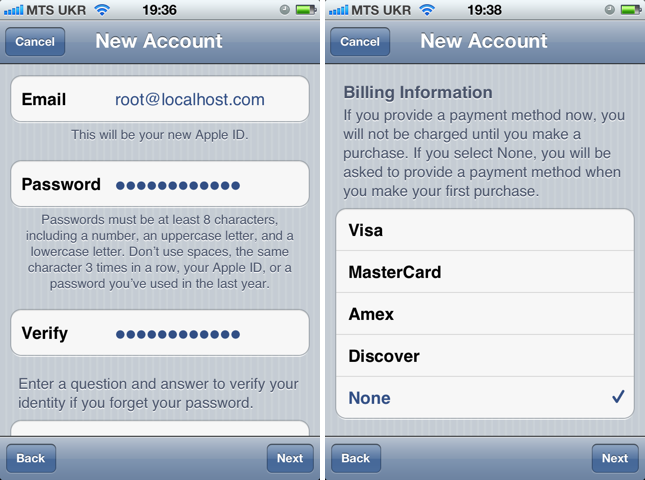
Image taken from http://im.macovod.net
The next step to increase the quantity and, most importantly, the quality of the collected information was the use of a fingerprint scanner.
First mass adoption of the fingerprint scanner – Apple iPhone 5S.
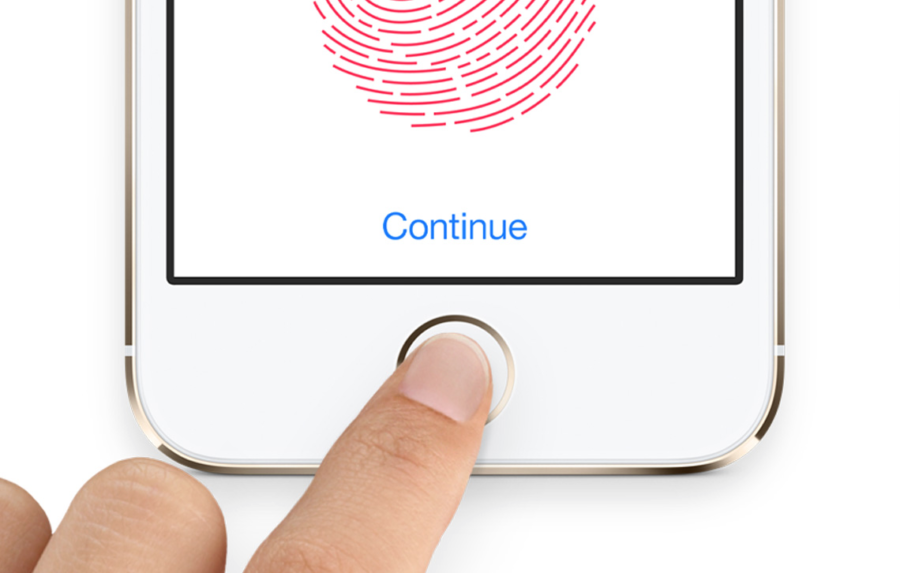
Yes, and before the 5S there were phones equipped with a fingerprint scanner. You can recall the same Pantech GI100.
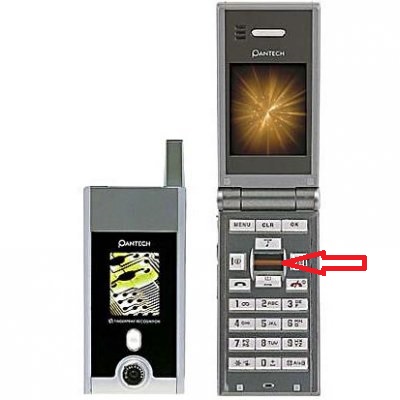
However, it was the Cupertinians who made this technology mass-produced.
A variety of functions were tied to the fingerprint scanner, ranging from banal smartphone unlocking to access to finance with a bank card. All this data in an impersonal form is stored in companies to whose accounts these fingerprints are linked.
The next step was the abandonment of the fingerprint scanner, which had just won its positions, and the transition to user face recognition. And again, unexpectedly for everyone, one 'fruit' company became a pioneer in this direction.
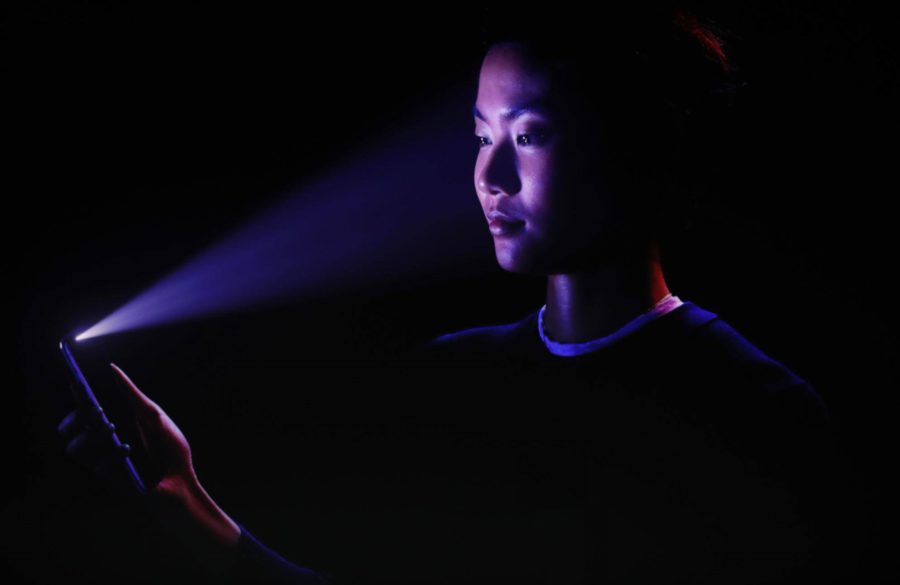
Yes, they weren't the first. The same Samsung has long ago used the technology to recognize the user's face in its smartphones, while Samsung does not allow using the facial recognition system to make payments through Samsung Pay.
But it was Apple that forced the owners of their devices to use this function forcibly. How? Quite simply – she took away the fingerprint scanner from users.
Now, the company's servers store not only data of correspondence, purchases, bank cards, fingerprints, but also a three-dimensional image of the face of the same user.
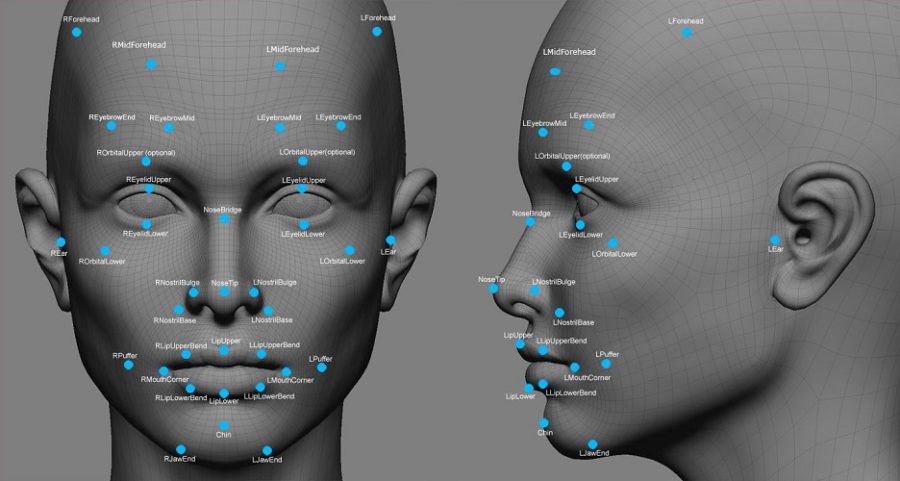
Here you can add data collected by wearable devices. Such as fitness bracelets, smartwatches and even scales. If desired, these data can be easily compared with each other and create a virtual personality that will leave traces in the real world no worse than a living person.
What will be the next method of interacting with a smartphone? Retina scanner? EEG Biometrics? Rapid DNA Analysis?
Who is the initiator of the implementation of these technologies? And most importantly, why?
With such reasoning, I really want to plunge headlong into conspiracy theory and begin to gleefully talk about Big Brother, but not as about a character in the novel by George Orwell, but in the face of modern corporations turning over huge amounts of data.
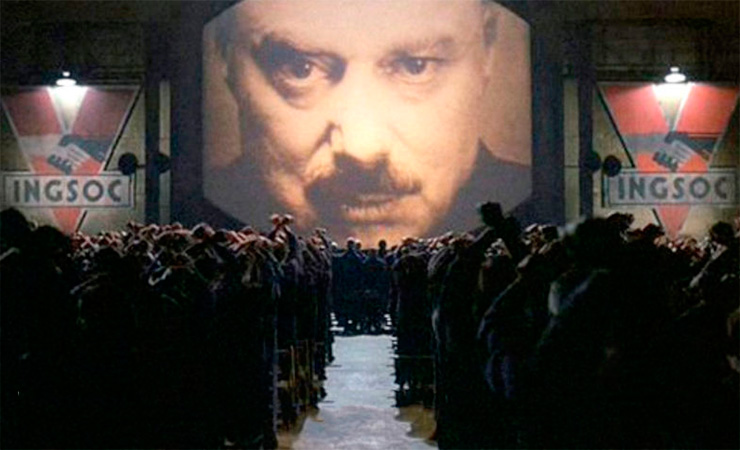
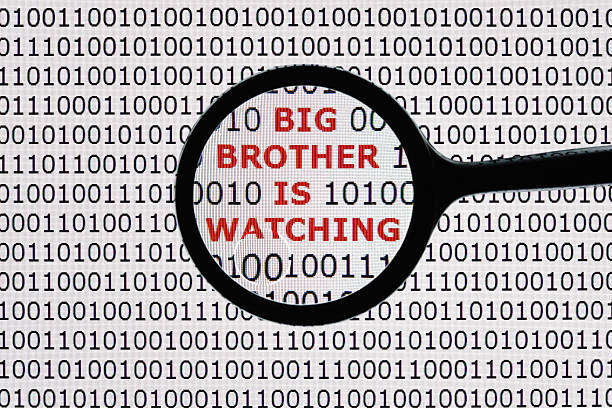
Yes, at the moment it is more of a fantasy, born of the paranoid part of the mind. However, it is not known what awaits us tomorrow. What will the sensors be in the devices we carry around with us all the time? Will a person still have the right to privacy, and will this life be so personal?
What do you think are the answers to these questions?
